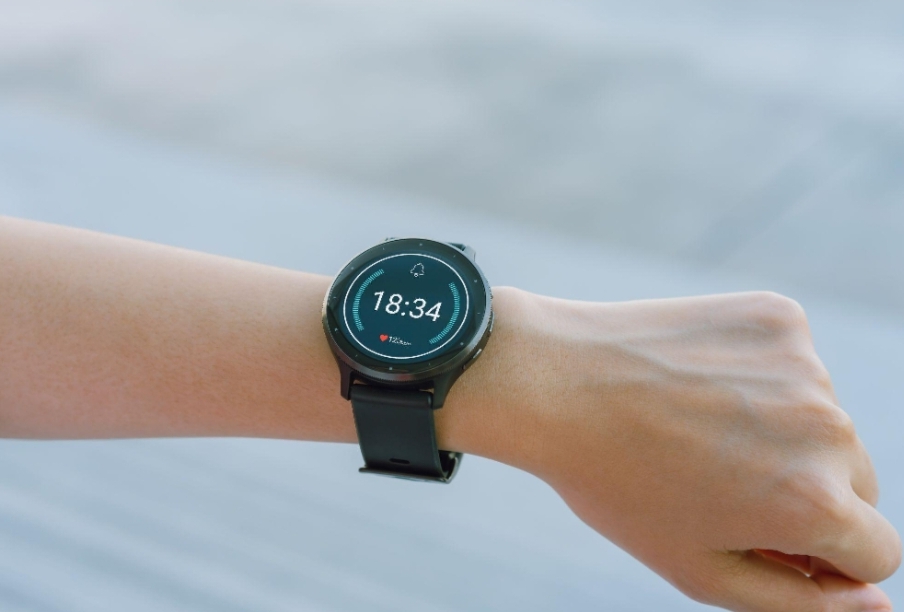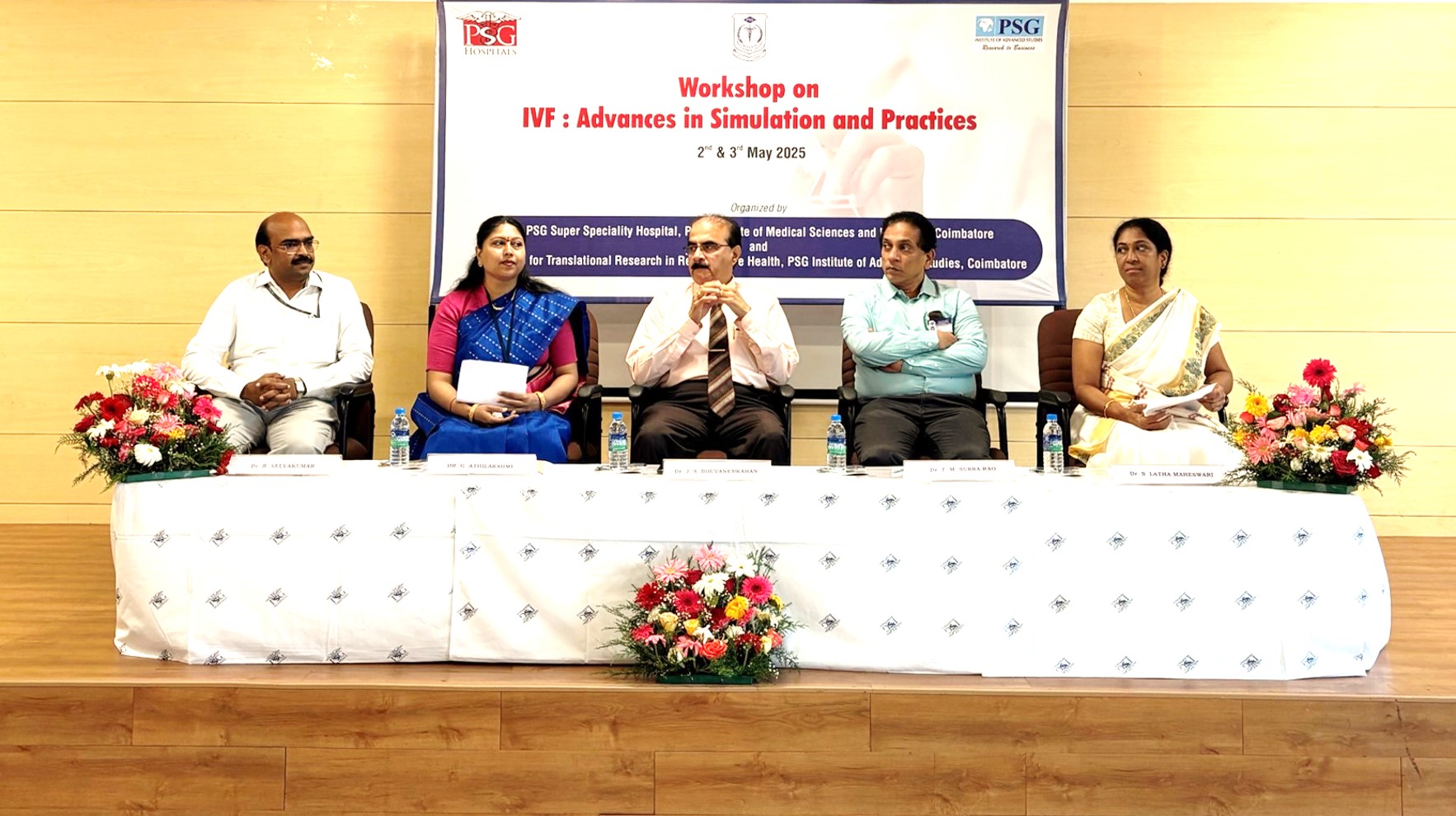Trending Now
- Alliance talks between AIADMK and BJP are ongoing. An announcement will be made at the right time – Union Home Minister Amit Shah.
- Vijay spoke about TVK vs. AIADMK only to motivate party workers – AIADMK General Secretary Edappadi K. Palaniswami.
- South Indian audiences are not interested in Hindi films, which is why they don’t succeed – Salman Khan.
- KL Rahul joins Delhi Capitals; the team will face Hyderabad tomorrow.
Health & Lifestyle
Looking for Healthier Sugar Substitutes? Artificial Sweeteners May Not Help
![]() August 18, 2017
August 18, 2017
Think artificial sweeteners is the perfect substitute to refined sugar? Have you been consuming it daily in your morning beverages and other foods? Here’s some news for you. A recent study done by researchers from Yale University in the US found that diet foods and artificial sweeteners may trigger weight gain and increase the risk of diabetes, as their sweet taste fools the body’s metabolism into believing that we are consuming more calories.
In nature, sweetness signals the presence of energy and its intensity reflects the amount of energy present.The findings highlighted that when a beverage is either too sweet or not sweet enough for the amount of calories it contains, the metabolic response and the signal that communicates nutritional value to the brain are disrupted. A sweet-tasting, lower-calorie drink can trigger a greater metabolic response than drinks with higher calories, explaining the association between artificial sweeteners and diabetes discovered in earlier studies, researchers said.
The study shows that sweetness helps to determine how calories are metabolised and signalled to the brain. When sweetness and calories are matched, the calories are metabolised, and this is registered by the brains reward circuits. However, when a mismatch occurs, the calories fail to trigger the body’s metabolism and the reward circuits in the brain fail to register that calories have been consumed
“In other words, the assumption that more calories trigger greater metabolic and brain response is wrong,” said Dana Small, professor at Yale University. “Calories are only half of the equation; sweet taste perception is the other half,” Small said. Small noted that many processed foods contain such mismatches – such as a yogurt with low calorie sweeteners. “Our bodies evolved to efficiently use the energy sources available in nature,” Small said.
The study was published in the journal Current Biology.























